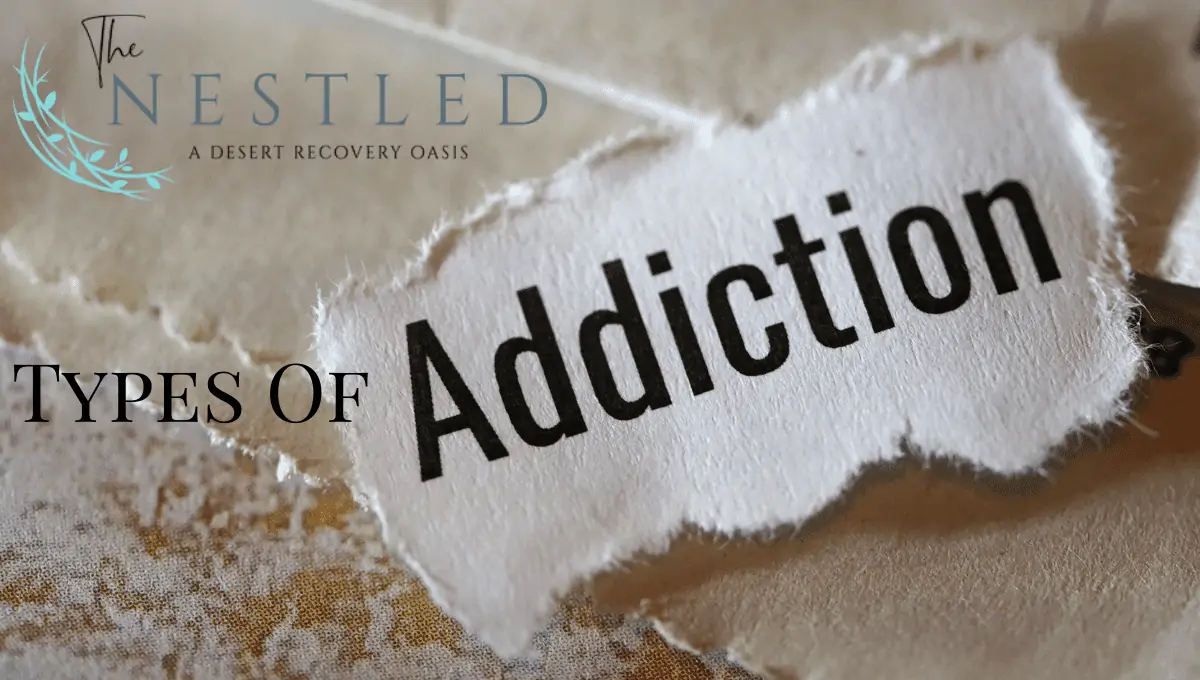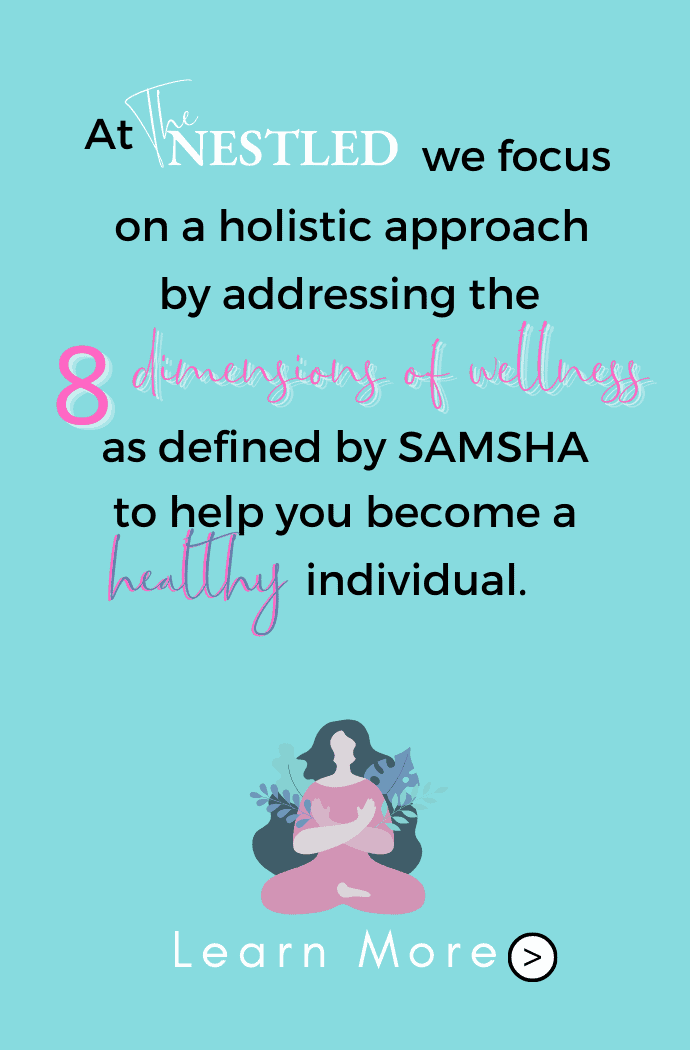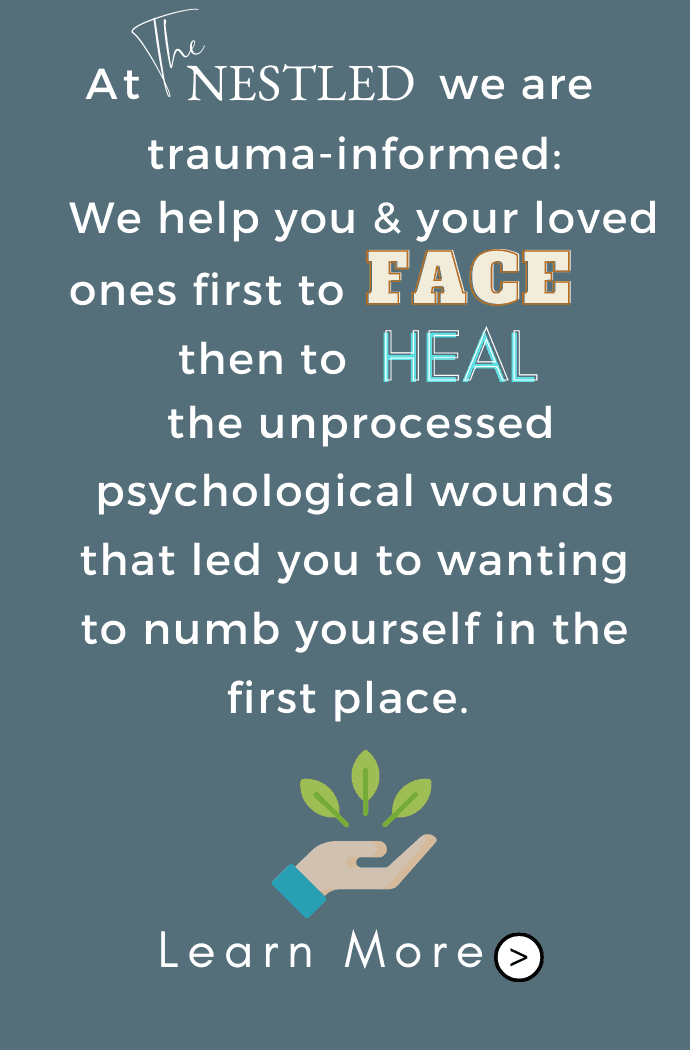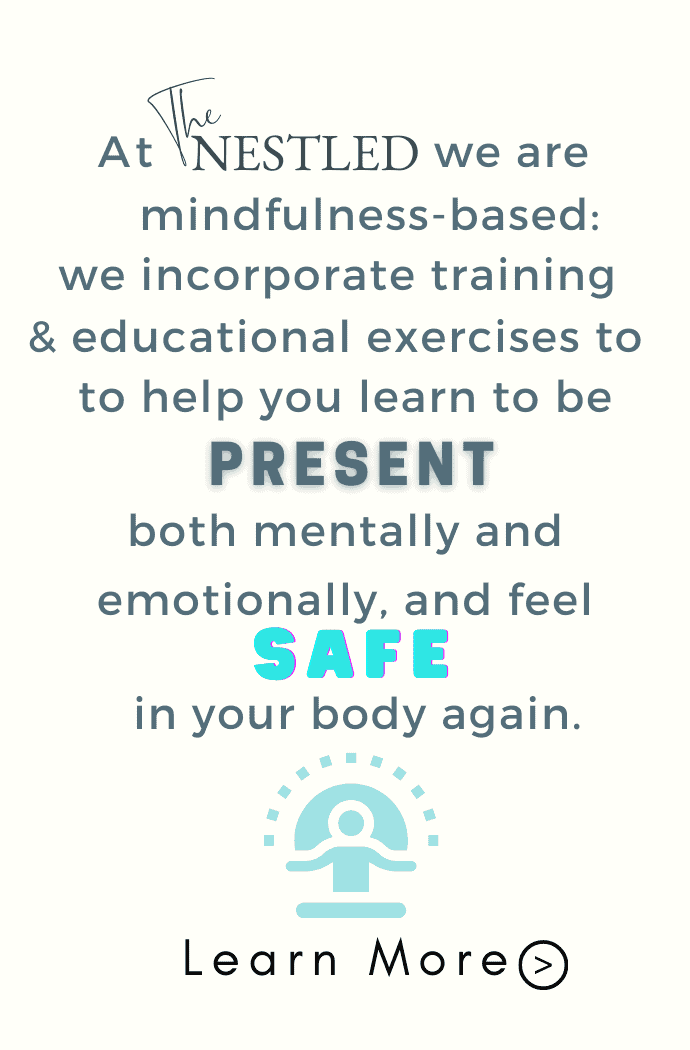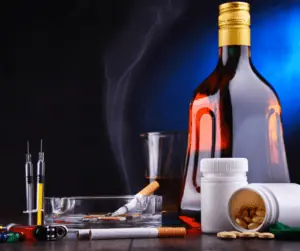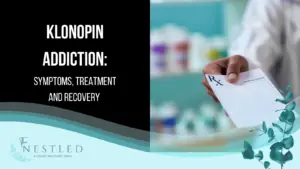There are many types of addiction, and some are more obvious than others. Although drugs and alcohol often lead to addiction, people also struggle with video game addiction, shopping addiction, internet addiction, and gambling addiction, to name a few common types of behavioral addiction.
Although an opiate addiction, for example, usually poses more of an immediate health risk, all kinds of addiction cause damage and need to be professionally treated with compassion and care. Learning about the signs and types of addiction saves lives, mainly because people struggling with an addiction may not always be able to admit that they require assistance.
How Do We Define Addiction?
Addiction is the inability to stop engaging in a behavior or taking a substance despite the damage it causes to one’s personal life and the lives of others. An addictive activity or substance lights up the brain’s reward system, causing chemical releases of feel-good hormones and neurotransmitters. This chemical release is what makes an addiction so challenging to overcome. Breaking an addiction is not simply about self-control – it goes much deeper than merely stopping behavior and requires trauma-informed care and support.
Physical Addictions
Becoming physically dependent on a substance is not always intentional and can happen gradually. Over time, a person will develop a greater tolerance to whatever substance they are taking, requiring higher doses or more significant amounts to experience the chemical release and associated feelings that a substance provides. Not only are addictive substances habit-forming in nature, but a person will also experience unpleasant withdrawal symptoms such as intense cravings if they try to stop using.
While opiates and alcohol are widely known as two of the most addictive substances globally, there are some other highly addictive drugs and substances that people often become physically dependent on. Here is a list for reference:
Heroin
Cocaine
Alcohol
Benzodiazepines
Barbiturates
Methamphetamines (crystal meth)
Nicotine
Cannabis
Hallucinogens
Behavioral Addictions
Also known as process addictions, behavioral addictions can be challenging to recognize because they involve regular or daily activities such as eating and shopping. A misconception about addiction is that it must cause physical dependence with physical withdrawal symptoms, but that is not always the case.
Behavioral addictions can wreak just as much havoc on a person’s relationships and well-being as a substance abuse disorder, causing intense feelings of shame and guilt. Over time, certain behaviors can become compulsive, even as the feelings of pleasure associated with a given activity become less and less frequent. Common behaviors that can cause dependency include:
Gambling
Shopping
Food
Sex and Love
Gaming
Exercise
Signs Of Addiction
Recognizing the signs and symptoms of addiction in yourself or someone else can save lives. Addiction is often a gradual process, but you don’t have to wait for a crisis to occur before you ask for help or stage an intervention. There is a range of subtle to more obvious signs that can indicate an addiction, including:
Neglecting responsibilities and everyday tasks
Fatigue and a general lack of energy
Poor performance at work or school
Withdrawing from social activities and social isolation
Unusual behavior, being very secretive
Lying about activities and whereabouts
Stealing from friends and family or other sources
Irregular financial hardships that are unaccountable
Shakes, nosebleeds, and other physical symptoms
Personality changes, noticeable changes in mood, and general disposition
Treatment Options
Several treatment options are available for addiction, ranging from online support groups to psychotherapy. Treatment programs for addiction may include various forms of therapy and support groups such as 12-step programs. Severe addictions usually require inpatient treatment and a medically-assisted detox.
Support groups are an essential part of recovering from addiction and relapse prevention, which is why they are introduced in inpatient settings. Studies show that people with strong social networks for emotional support and encouragement have better odds of long-term recovery, and 12-step groups help provide that support. A strong support system is essential at every stage of recovery but is even more critical once people have left the safe haven that a treatment program provides.
How We Can Help You
At Nestled Recovery, we are devoted to helping people with addiction using a unique trauma-informed approach. Our beautiful Las Vegas recovery center is an oasis of healing, dedicated to facilitating the wellbeing and long-term recovery of those who participate in one of our programs. You can expect to receive holistic, mindful care and a customized treatment plan that considers your unique needs. Our treatment modalities focus on the eight dimensions of wellness to empower you for lifelong success. If you or a loved one is struggling with addiction, contact us today. We understand just how much courage it takes to reach out for help and are here to help you change your life for the better.

